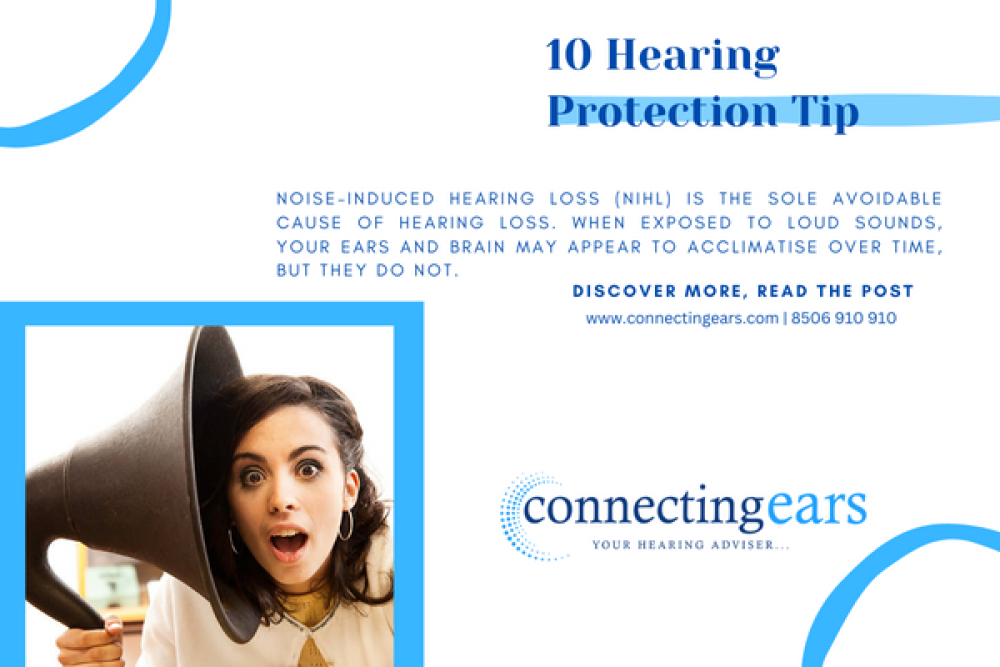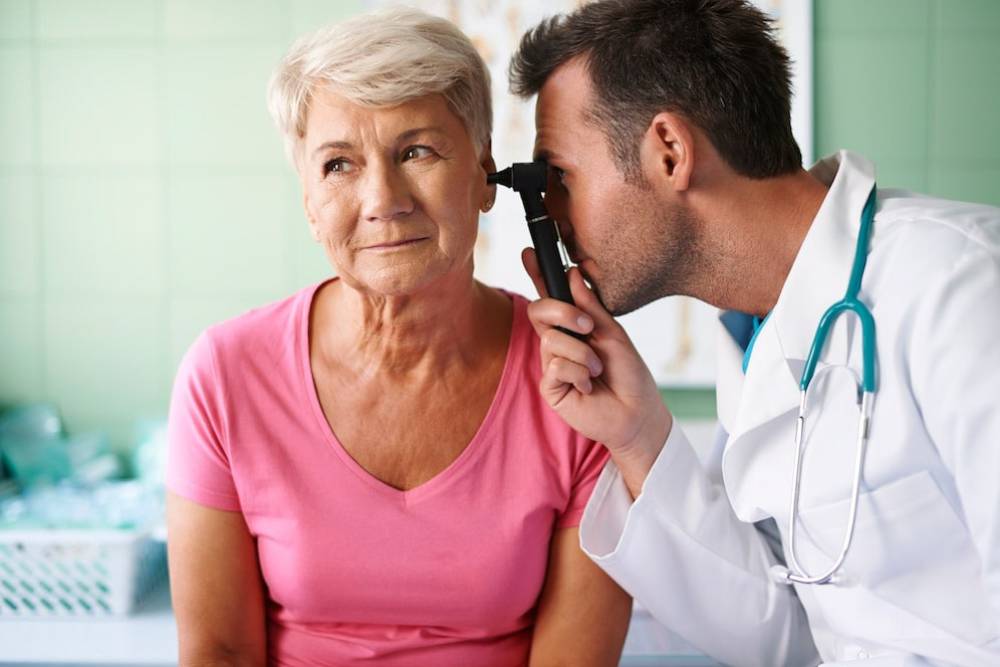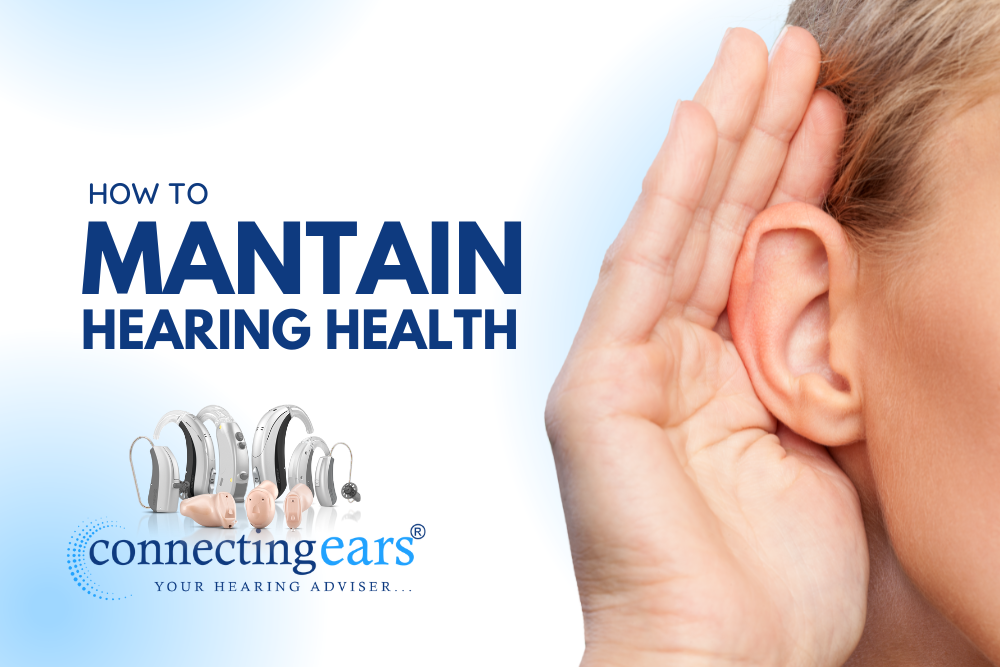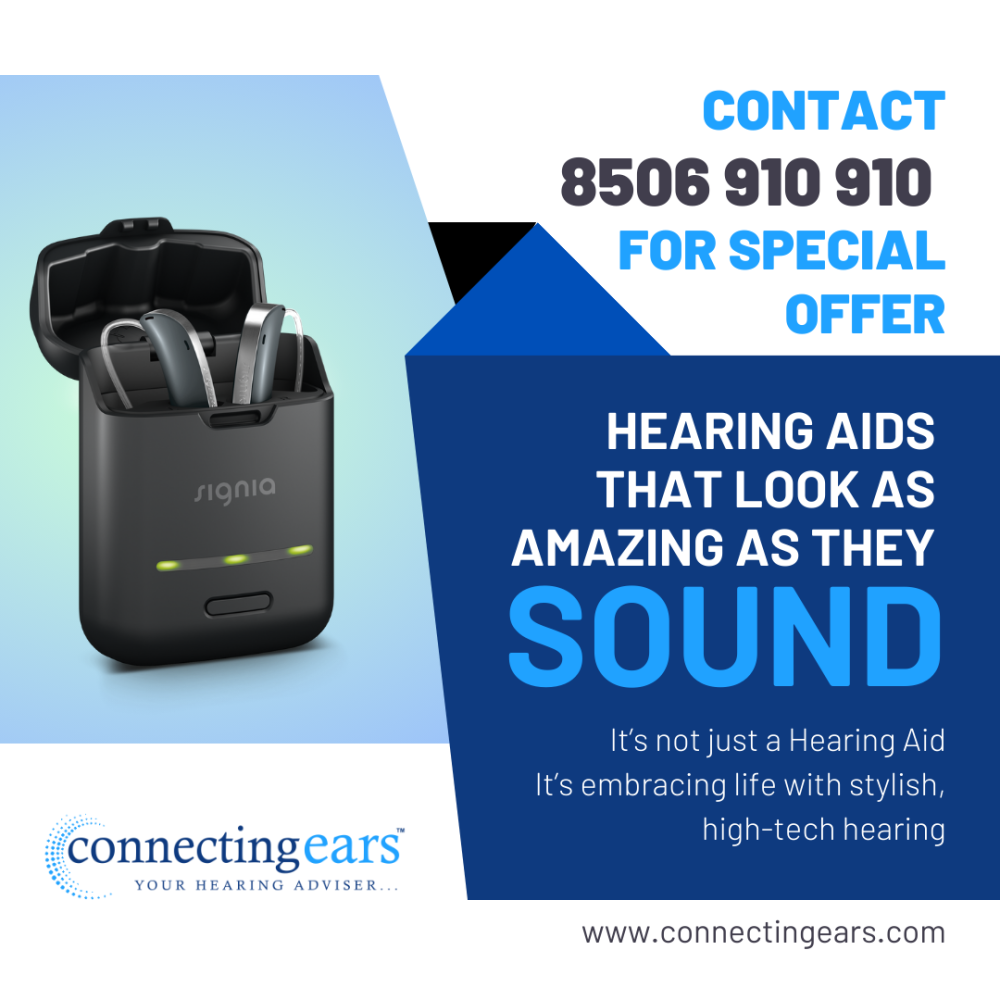10 Hearing Protection Tip - How to Keep Your Hearing Healthy
Noise-induced hearing loss (NIHL) is the sole avoidable cause of hearing loss. When exposed to loud sounds, your ears and brain may appear to acclimatise over time, but they do not.
Loud noises can cause hearing loss, which cannot be reversed (though it can typically be treated). Hearing loss caused by noise usually happens gradually, and by the time you discover it, it's usually too late to stop the damage.
Start protecting your hearing right away by following the advice below!
10 Hearing Protection Tip - How to Keep Your Hearing Healthy
1. When possible, stay away from loud or noisy situations and activities.
2. Use hearing protection if you can't avoid them. Even while custom-fit hearing protection items are even better at lowering sound levels than foam earplugs, they are more expensive.
3. Your exposure to noises louder than 85 dB should be limited
4. Reduce the volume of the TV, radio, and any headphones you are using.
5. Take pauses from the noise when listening to loud noises (such as music, concerts, exercise classes, etc.).
6. Exit the area where the strongest sound is coming from (such as speakers, fireworks, or sirens).
7. After being exposed to loud noises, give your ears some time to rest.
8. Never insert anything in your ear smaller than your elbow! This applies to anything you would use to clean or itch your ears, such as cotton swabs, bobby pins, keys, and paperclips.
9. Move forward! Exercise maintains the blood flowing to the ears and the rest of the body. This maintains the health of the ears' interior components.
10. Check your hearing, particularly if it changes or if you have ringing or fullness in your ears for more than 24 hours.
Want more advice on protecting your hearing? A local audiologist can offer assistance. Simply call us on 8506 910 910 or drop us a message on www.connectingears.com to find one nearby, We will provde the best service and clinician near you whom you may contact for guidance and get your hearing checked if you suspect you have hearing loss.













